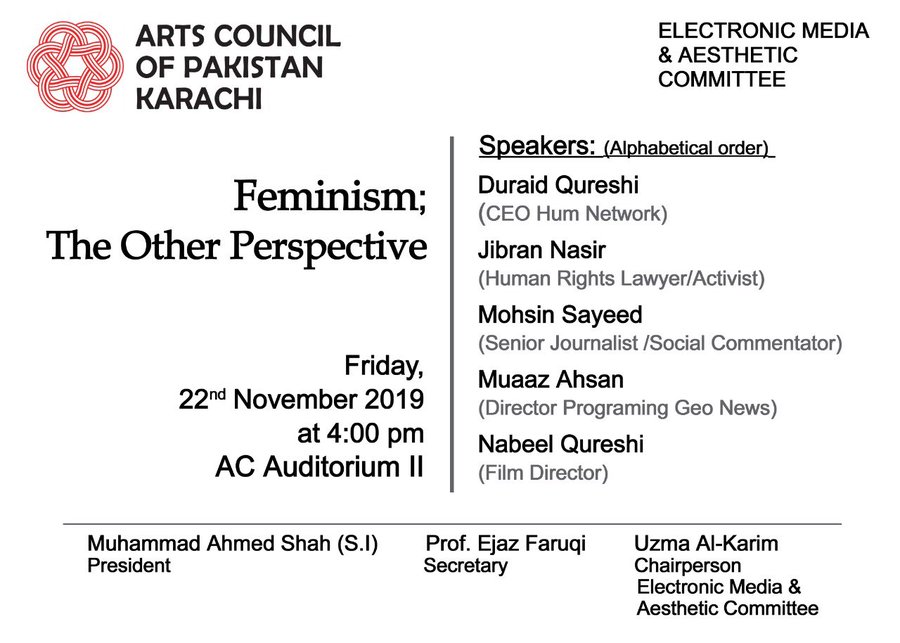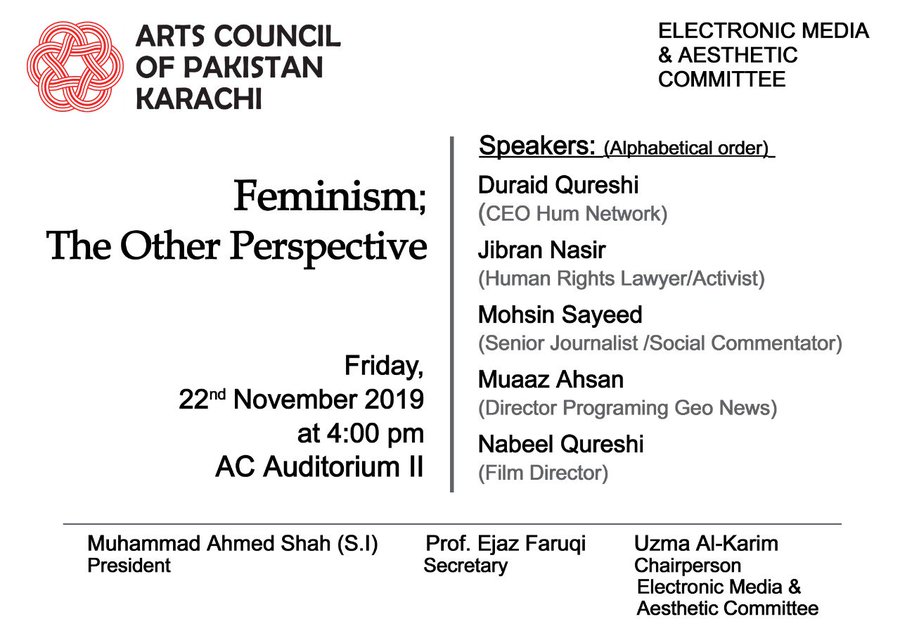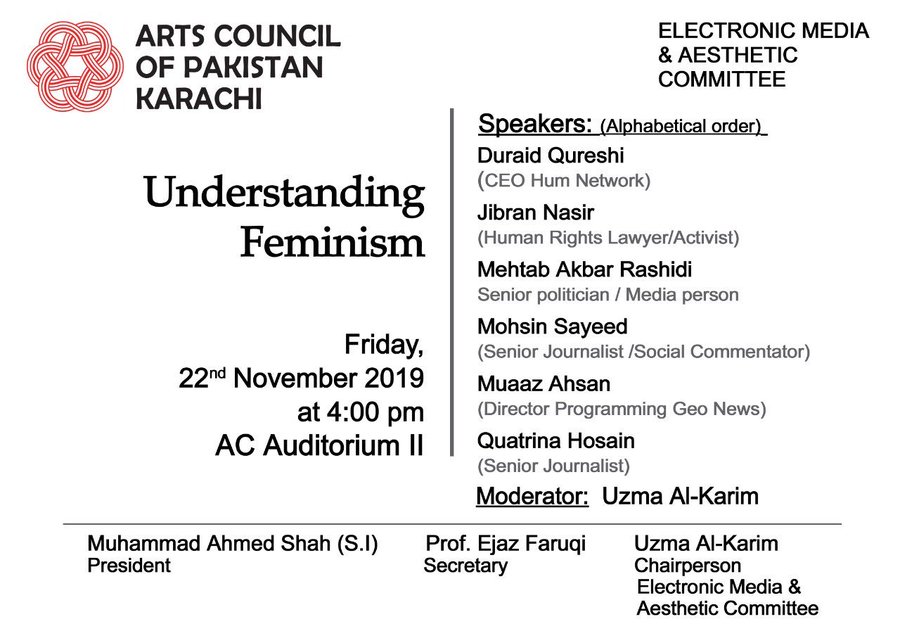M WAQAR..... "A man's ethical behavior should be based effectually on sympathy, education, and social ties; no religious basis is necessary.Man would indeed be in a poor way if he had to be restrained by fear of punishment and hope of reward after death." --Albert Einstein !!! NEWS,ARTICLES,EDITORIALS,MUSIC... Ze chi pe mayeen yum da agha pukhtunistan de.....(Liberal,Progressive,Secular World.)''Secularism is not against religion; it is the message of humanity.'' تل ده وی پثتونستآن
Thursday, November 21, 2019
#Pakistan - #PMLN - Nutritional fascist Imran targeting Sharif family with refined carbohydrates: Reham
Journalist, politician, dietician, and author of adult literature, the former wife of Prime Minister Imran Khan’s Reham Khan has unveiled how the premier is targeting the ailing Sharif family through his ‘monstrous’, carb-laden tactics.
After condemning the government’s restrictions on Diet Coke for the Pakistan Muslim League-Nawaz (PML-N) Vice President Maryam Nawaz, Reham Khan said that the Prime Minister and his Pakistan Tehrik-e-Insaf (PTI) government are deliberately targeting the Sharif family and the PML-N leadership through forced intake of refined carbohydrates.
“The Sharif family is a very resilient family, especially when it comes to breaking down carbs – complex, natural or even refined. Your leader cannot even break down a single day carbohydrate molecule manually,” Reham said in an exclusive interview with The Dependent.
“Today you have stopped Maryam Nawaz from drinking Diet Coke. Tomorrow you’ll force the Sharif family into consuming concentrated sugary drinks,” she added.
Reflecting on the past, Reham maintained that what brought PML-N Supreme Leader Nawaz Sharif to such a critical health condition was also the government’s nutritional fascism.
“That nutritional fascist Imran Khan completely transformed the diet of Nawaz Sharif, who I know for a fact was on keto before going to Kot Lakhpat jail,” Reham told The Dependent.
“The poor man was being given refined carbohydrates to such an extent that he couldn’t help but order a large bowl of grapes, with their natural carbs, on his flight to London,” she added.
Naeem Mirza: A man fights for women's rights in patriarchal Pakistan
Being a feminist in Pakistan is a difficult task, even more so for men who support women's rights. Naeem Mirza, a rights campaigner, has been at the forefront of the feminist movement in Pakistan for over two decades.
Patriarchy is deeply entrenched in Pakistani society, with most people looking down upon the feminist movement. Earlier this year, when hundreds of women protested against gender discrimination and demanded their rights, even some liberal men criticized them and slammed the feminist slogans as "vulgar." Therefore, men who support the women's rights cause in the South Asian country, are rare. They are often labeled as "Western agents," who are bent on disrupting social and religious norms.
As feminism is considered a women-owned and women-led movement in Pakistan, men like Naeem Mirza are often misunderstood by society. "You're a man. How can you be a feminist?" people generally ask.
Mirza, the acting executive director of the Aurat Foundation (Women's Foundation), a non-governmental organization, has worked relentlessly for more than two decades to challenge the stereotypes. He's a leading women's rights activist in the country, and a role model for many men who believe that women's rights are human rights, and that men must support them.
"I was very active in left-leaning labor movements in the 80s. But I realized that gender-discrimination is a bigger issue, as women suffer on multiple levels. Women are being oppressed across all economic classes, and their suffering is multi-layered and more intense," Mirza told DW.
Violence against women has been on the rise in Pakistan, a country of over 200 million people. The South Asian nation ranks sixth on the list of the world's most dangerous countries for women.
According to statistics collected by White Ribbon Pakistan, an NGO working for women's rights, 4,734 women faced sexual violence between 2004 and 2016. Over 15,000 cases of "honor" crimes were registered. There were more than 1,800 cases of domestic violence and over 5,500 kidnappings of women during this period.
Media reports say that more than 51,241 cases of violence against women were reported between January 2011 and June 2017. Conviction rates, meanwhile, remain low, with the accused in just 2.5% of all reported cases ending up being convicted by the courts.
Violence in many forms
As the UN-designated International Day for the Elimination of Violence Against Women approaches, Mirza says that the women's rights movement in Pakistan has come a long way.
"We have faced many odds during our struggle. Much still needs to be done, but I feel encouraged that an increasing number of women are now demanding their rights. They no longer tolerate domestic violence, for example. They resist and raise their voice," Mirza said.
Mirza and his organization deal with all kinds of women's issues. "Women from all over the country approach us. They come to us to seek support on marital problems and domestic violence as well as more intense issues such as murders in the name of honor," the activist said.
Mirza has been actively supporting Mukhtaran Mai, who was gang-raped in June 2002 on orders of a "panchayat" (village council) as "punishment" for her younger brother's alleged illicit relations with a woman from a rival tribe. The rape made international headlines, with women's rights groups demanding justice for Mai and punishment for the rapists.
In August 2002, an anti-terrorism court sentenced six out of the 14 accused persons to death. Four of them were sentenced for rape, while the other two were convicted as being members of the village council. Eight others were released. However, in 2005, the Lahore High Court acquitted five of the six convicts while one person's death penalty was converted to life imprisonment.
"Mai took a bold step, something that Pakistani women usually refrain from. Due to the stigma attached with rape, most women don't report it to police. But Mai has been fighting a legal battle against her gang rape for a long time. She has been an inspiration for all of us," Mirza underlined.
The activist, however, said that there are countless such cases that go unreported, or that are not picked up by media. "Also, we have to maintain confidentiality about many cases, as these are sensitive issues, and we don't want to put these women in harm's way."
"Over the years, we have rescued so many women who could have been killed had we not intervened," he added.
Is the government helping?
Pakistani lawmakers have passed some pro-women legislation in the past 10 or 11 years. Their implementation, however, remains problematic.
"It wouldn't be right to say that we don't receive support from the state. Without some help from the government, we would not have been able to do our work effectively. But it is also true that we had to work a lot to get support from the authorities. We had to campaign a lot," Mirza said.
The activist said that there are very few government facilities for the "women in distress."
"Victims of violence need immediate support. If they don't receive support in the first few hours, then it becomes even more difficult to provide relief to them," Mirza said.
"These women are not taken in by the government-run shelter homes unless they receive an order from the court. Now, after our campaigning, the authorities eased their rules and women can now find shelter in government-run facilities immediately."
Despite some improvements, Pakistani women prefer to tolerate domestic violence, Mirza noted. "They are aware that they will be more vulnerable if they step out of their home, as there is little support for them from the government. According to various studies, around 80% of Pakistani women suffer domestic abuse."
Mirza plans to create more awareness about the issue of violence against women through nationwide campaigns starting from November 25 to mark the International Day for the Elimination of Violence Against Women.
"We receive threats from religious hardliners and many other segments of society. When we leave home for work, we don't know if we will come back alive. Our work is very risky. But we are committed to improving the lives of Pakistani women. We'll continue our struggle," Mirza stressed.
Outrage in Pakistan after feminism panel includes no women
By Riaz Sohail
The Arts Council of Pakistan has been forced to backtrack after it emerged that a discussion on feminism it is hosting was to have an all-male panel.
An outcry on social media resulted in two women guests being added, and Friday's event in Karachi was renamed.
The original title, Feminism: The Other Perspective, drew derision and has now been recast as Understanding Feminism.
Organisers say male decision-makers were to share views on feminism, but many critics questioned the very idea.
In overwhelmingly patriarchal Pakistan, having an all-male panel discuss feminism didn't seem the obvious way to tackle gender inequality.
The only woman included in the original line-up was discussion host Uzma al-Karim, whose name was put at the bottom of the promotional literature.
Skip Twitter post by @Aimanfrizvi
These men wanna give the ‘other perspective’ on feminism. Maybe the intention here was to use their privilege for the cause - but this isn’t how allyship works. This is, however, what taking up space looks like.
It is also what men exploiting feminism to build capital looks like
79 people are talking about this
End of Twitter post by @Aimanfrizvi
Skip Twitter post by @AtiyaAbbas_
should ve just called it men's day
and why are all these men agreeing to participating? @manelwatchpk
20 people are talking about this
End of Twitter post by @AtiyaAbbas_
After sustained criticism on social media, two women speakers were added to the panel - feminist Mehtab Akbar Rashdi and journalist Quatrina Hosain - and Uzma al-Karim's name was made more prominent in the amended literature.
But that didn't persuade everyone.
Skip Twitter post by @reracinated
End of Twitter post by @reracinated
Many criticised the men who'd agreed to take part, accusing them of using feminism to further their own interests.
The writer of this article and others acknowledged there was no reason why men shouldn't give their views on feminism - it just seemed wrong to invite a panel that included no women at all.
- The 'womanspreading' placard that caused fury in Pakistan
- The threats and abuse outspoken Pakistani women receive
- Wife 'had head shaved for refusing to dance'
- The Pakistani women shamed for their lifestyle
One man, Erum Haider, tweeted: "The men I know who are feminists would be embarrassed to be on this panel."
Discussion host Uzma al-Karim told BBC Urdu: "Our purpose was to get men having decision-making powers in major media houses and those with a following to talk about their understanding of feminism.
"We wanted to register their perception because they were in a position to influence public opinion. And that's why we called it 'the other perspective'."
One of the men taking part in the discussion, human rights activist Jibran Nasir, said he'd found the original title misleading.
"I was informed the panel is about men talking to other men about rethinking masculinity and why as men we need feminism. It wasn't to explain feminism or talk about women issues as men," he tweeted.
Skip Twitter post by @MJibranNasir
See M. Jibran Nasir's other Tweets
End of Twitter post by @MJibranNasir
There was also humour. Comedian Shahzad Ghias Shaikh weighed in, inviting people to "join him in teaching the world about women's lives".
Skip Twitter post by @Shehzad89
This Friday I'll be giving a workshop on how to menstruate at the Arts Council of Pakistan followed by a talk on breastfeeding children.
10% discount for all attendees on my pregnancy management course.
Please join me in teaching the world about women's lives.
36 people are talking about this
End of Twitter post by @Shehzad89
Jibran Nasir declined to comment when asked by the BBC whether he was told clearly what was to be debated, and whether he had been told by the Arts Council there were to be no women on the panel.
"It's not such a big issue," he said. "People had raised some objections, following which the management made some changes, and I'm only a guest at the event."
Nida Kirmani, professor of social sciences at Lahore University of Management Sciences, says the issue of men debating feminism is justified - but the Arts Council failed to clarify the concept and that's why there was such a big reaction on social media.
"I think this reaction was also caused by the fact that we are getting sick of seeing male panellists endlessly debating frivolous issues on electronic media," she said.
"Rarely do we see a woman protagonist, and this seems normal to most people."











